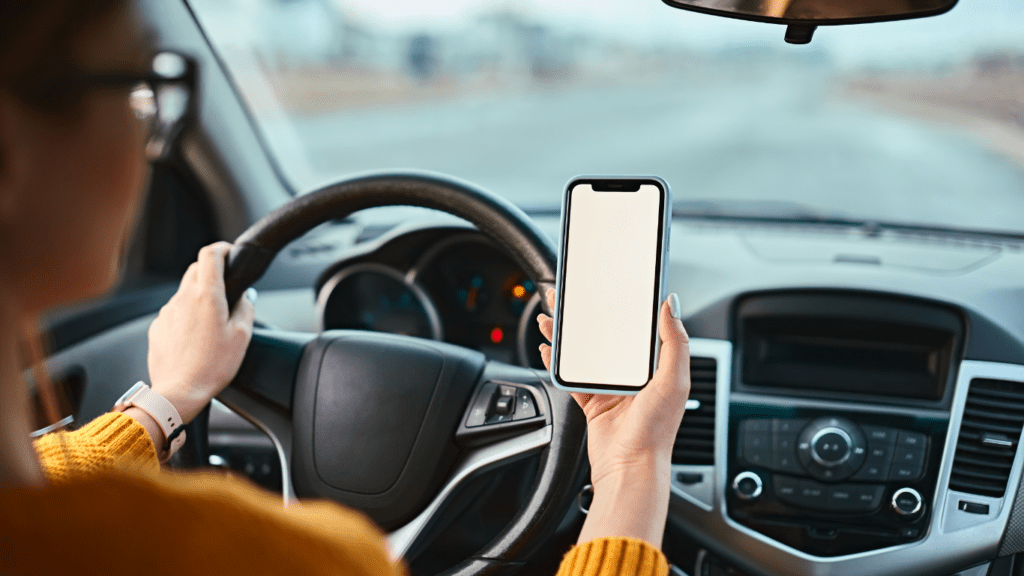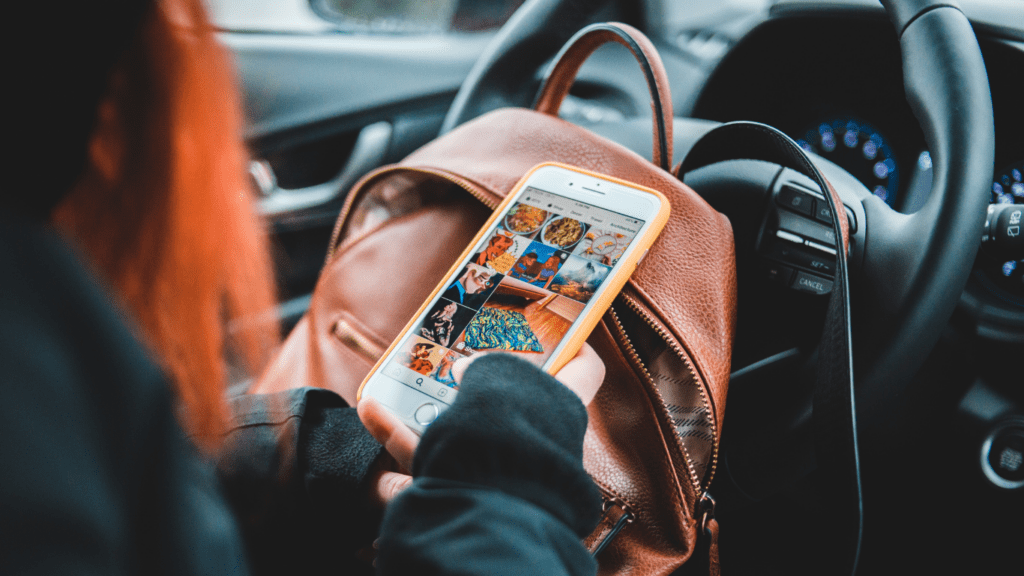In today’s digital age, social media has become an integral part of our daily lives, shaping how we connect, communicate, and consume information. As someone who has witnessed the evolution of online platforms, I’ve seen firsthand the profound impact they can have on mental health. The allure of likes, comments, and shares can create a constant need for validation, leading to feelings of inadequacy and comparison.
Navigating the virtual landscape, I’ve noticed how excessive screen time and exposure to curated content can contribute to anxiety, depression, and a sense of isolation. As we delve into the intricate relationship between social media and mental well-being, it’s crucial to explore strategies for fostering a healthier online experience. Join me as we uncover the complexities of this digital phenomenon and discover ways to safeguard our mental health in the age of social media.
Understanding the Connection Between Social Media and Mental Health
Exploring the key factors linking social media usage to mental health is crucial in today’s digital landscape. The constant quest for validation on social platforms can often trigger emotions of inadequacy and foster unhealthy comparisons with others.
Spending excessive hours glued to screens, consuming meticulously curated content, plays a significant role in escalating feelings of anxiety, depression, and seclusion. It’s vital to recognize how this digital environment can influence our mental well-being and take proactive steps to mitigate its negative impact.
Common Negative Effects of Social Media on Mental Health
Exploring the detrimental impacts of social media on mental health sheds light on several concerning trends that have become prevalent in today’s society. Let’s delve deeper into two specific aspects that demonstrate how social media can adversely affect mental well-being.
Increase in Feelings of Anxiety and Depression
Engaging with social media platforms has been associated with a notable rise in feelings of anxiety and depression among users. The constant exposure to curated and often unrealistic portrayals of others’ lives on social media can instigate a sense of inadequacy and foster comparison. This comparison culture magnifies insecurities and can lead to heightened levels of anxiety and depression. The incessant need for validation through likes and comments can further exacerbate these negative emotions, creating a cycle of validation-seeking behavior that can be detrimental to one’s mental health.
Impact on Self-Esteem and Body Image
Social media’s pervasive influence on self-esteem and body image is undeniable. The prevalence of airbrushed images, filters, and carefully curated posts depicting unattainable beauty standards can distort one’s perception of reality. Constant exposure to such content can erode self-esteem, fostering negative self-perception and influencing body image dissatisfaction. This constant comparison to idealized representations perpetuated on social media platforms can lead to feelings of inadequacy and contribute to a negative body image, impacting mental well-being.
Positive Aspects of Social Media Influence on Mental Health
Social media can offer significant benefits in supporting mental health, including facilitating social connections and providing a platform for emotional support.
- Enhanced Social Connectivity: Social media platforms enable individuals to stay connected with loved ones, friends, and communities regardless of physical distance.
- Virtual Support Networks: Online communities and support groups on social media provide a safe space for individuals to share experiences, seek advice, and receive emotional support during challenging times.
- Reduced Feelings of Isolation: Engaging with others through social media can help combat feelings of loneliness and isolation by fostering virtual relationships and interactions.
- Access to Expert Advice: Social media allows users to connect with mental health professionals, counselors, and advocates for guidance, resources, and educational content related to mental well-being.
- Enhanced Communication: Individuals can express themselves creatively, share personal stories, and engage in meaningful conversations that promote self-expression and emotional well-being.
By harnessing the positive potential of social media for social support and connections, individuals can cultivate a supportive online environment that contributes to their overall mental health and well-being.
Strategies for Managing Social Media Usage for Better Mental Health
Transitioning from discussing the impacts of social media on mental health to exploring strategies for managing its usage for improved well-being, it’s essential to note that moderation and mindful consumption play vital roles in maintaining a healthy relationship with these platforms. Here are some effective strategies to consider:
- Setting Boundaries: Establish clear boundaries for social media use by allocating specific time slots during the day for browsing. Limiting screen time can help prevent overexposure and reduce the likelihood of compulsive behavior.
- Curating Your Feed: Be selective about the content you interact with by following accounts that promote positivity, inspiration, and mental well-being. Unfollow or mute accounts that generate negativity or trigger feelings of inadequacy.
- Engaging Mindfully: Practice awareness and intentionality while engaging with social media. Be conscious of your emotions and reactions to different posts, and take breaks when you feel overwhelmed or anxious.
- Prioritizing Real-life Connections: Balance your online interactions with face-to-face communication and activities. Nurture genuine relationships with friends and family outside the digital realm to cultivate a sense of belonging and support.
- Digital Detox: Regularly disconnect from social media to recharge and refocus. Designate tech-free zones or days to reduce dependency and restore mental clarity.
Implementing these strategies can help harness the benefits of social media while safeguarding your mental health and well-being. By adopting a mindful approach to online engagement, you can cultivate a healthier digital lifestyle and prioritize your mental wellness.


